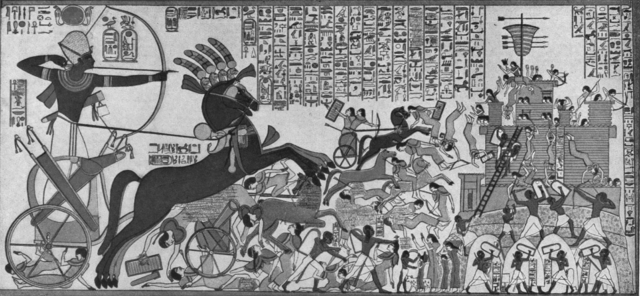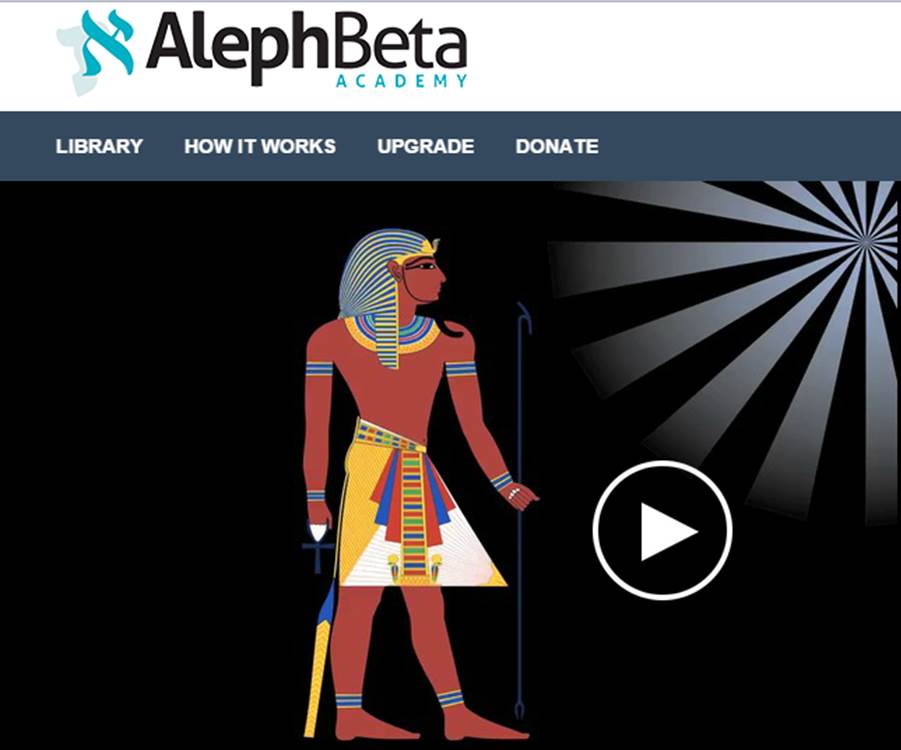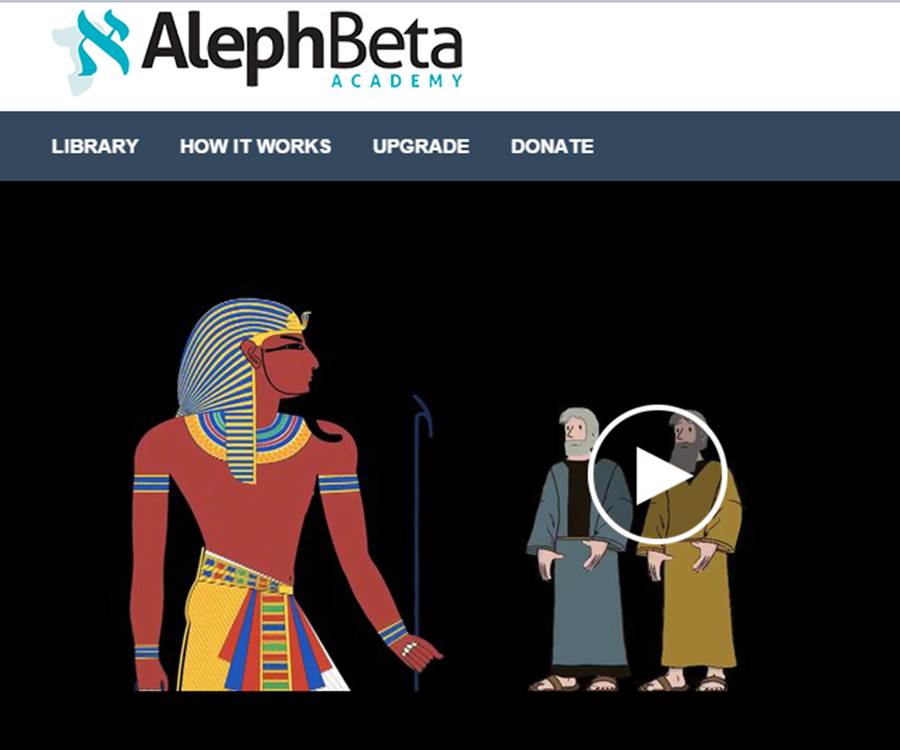
Of all the pharaohs who ruled Egypt over the course of ancient history, only one had the dubious honor of facing Moses in a contest to see whose God was greater. We may not know exactly which pharaoh he was, but he most certainly was not Ramesses II. Such is filmmaker Timothy Mahoney’s conclusion in his astounding documentary, Patterns of Evidence: Exodus. Mahoney presents a compelling case for reconsidering the accepted timeline of ancient Egyptian history. He bases his case on considerable evidence that Israel’s presence in Egypt, the Exodus, and the conquest of Canaan actually happened two or three hundred years earlier than has been supposed.
For centuries we have assumed that Raamses II was the Pharaoh of the Exodus because of this verse:
So they appointed taskmasters over them to afflict them with hard labor. And they built for Pharaoh storage cities, Pithom and Raamses. (Exodus 1:11 NASB)
Indeed there was a city named Raamses (or Ramesses) in Goshen, the region of Egypt where the Hebrews lived, but it was not known by that name in the days when the Hebrews lived there. Underneath the ruins of Raamses are the ruins of an even older city called Avaris. The archaeological evidence indicates that a Semitic people lived there, that they were at one point prosperous and powerful, that they became enslaved, and that they left quite suddenly. However, until now no one has seriously considered that these were the Hebrews simply because the evidence at Avaris does not fit the accepted Egyptian chronology. Yet if we were to adjust that chronology a bit based not only on the discoveries at Avaris, but also on discoveries elsewhere in Egypt, as well as in Canaanite cities such as Jericho, evidence of the Exodus would abound. Furthermore, such a chronological adjustment would resolve numerous gaps and mysteries in the chronologies of other ancient civilizations. Mahoney has done a fine job gathering and presenting his evidence. No doubt there will be many questions and much debate on his conclusions, but his presentation merits serious review and investigation.
It is probably no coincidence that Patterns of Evidence appeared just as the Torah cycle is working through the Exodus story. Although not as visually stunning as Mahoney’s cinematography, AlephBeta Academy’s video offerings impart considerable understanding of God’s workings among the people of Egypt and Israel. It may surprise Christian viewers to learn that Judaism embraces the doctrine of free will, and that the account of the Ten Plagues reveals the workings of free will in the context of God’s ultimate sovereignty. Watch these two videos as Rabbi David Fohrman explains these profound concepts in a very Jewish way.



